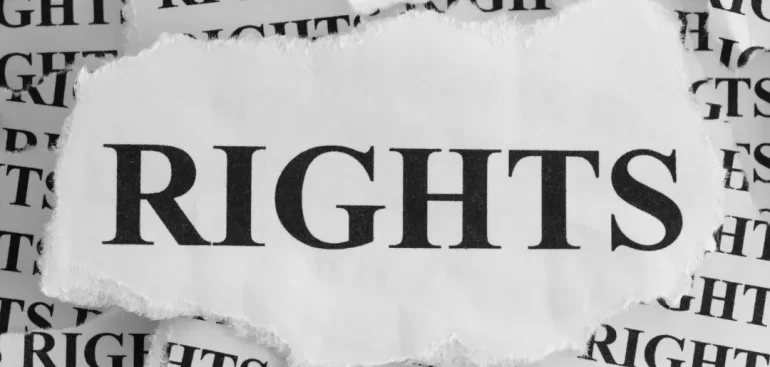Section 8 of the Canadian Charter of Rights and Freedoms provides citizens of Canada with protection against unreasonable search and seizure. This right ensures citizens the right to be secure against such intrusions by the state. It is important to note that this right does not extend to all search or seizures, but rather ones that violate the expectation of privacy that a reasonable individual would have.
This right applies to a variety of situations, from pat-downs and property entry, to surveillance and wiretapping. The Supreme Court of Canada has also established certain guidelines for police searches, affording individuals with greater levels of protection against unreasonable search and seizure. This section also applies in civil forfeiture matters, which requires courts to apply the same Charter principles for evidence obtained in criminal cases.
Under section 8 of the Canadian Charter of Rights and Freedoms, citizens are further protected from unreasonable search or seizure by the reasonable expectation of privacy. This expectation of privacy varies based on the context, such as in a motor vehicle, where the expectation is greater for the owner than the passenger, or in a dwelling house, where visitors do not share the same level of expectation as permanent occupants.
Courts have also determined that certain types of information, such as utility records or heat patterns, are not subject to reasonable expectation of privacy, as they do not tend to reveal intimate details of the individual’s lifestyle and personal choices.
In addition, the Supreme Court of Canada has held that the use of modern communications technologies such as text messages is protected by the Charter of Rights and Freedoms, even if the data in question is located on a third-party server.
Moreover, the use of police dogs and wiretapping, while sometimes justifiable under section 1 of the Charter of Rights, must adhere to certain guidelines established by the Supreme Court of Canada, such as promptly notifying the individual of their reasonable expectation of privacy being infringed.
Section 8 of the Canadian Charter of Rights and Freedoms is therefore an important legal tool for protecting Canadians from unreasonable search and seizure by the state, and provides citizens with the power to challenge any such measures that are deemed to be in violation of the Charter.

